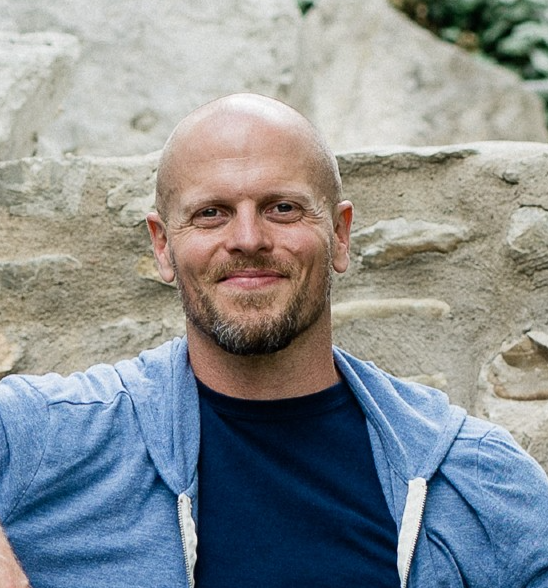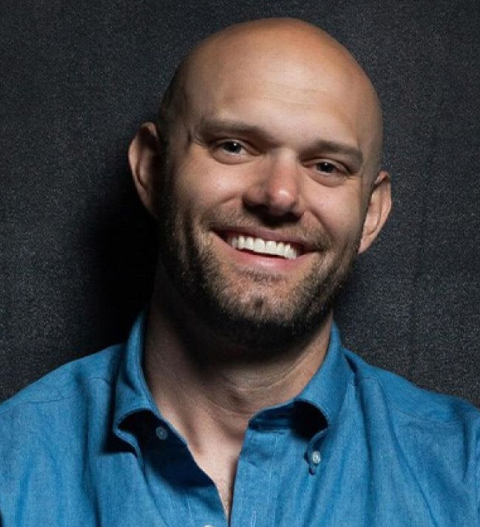
NEW
Tim Ferriss, a highly successful entrepreneur, author, and podcaster, has earned acclaim for his groundbreaking contributions and impact in the business realm. Among his notable achievements are the creation of best-selling books like "The 4-Hour Workweek," "Tools of Titans: The Tactics, Routines, and Habits of Billionaires, Icons, and World-Class Performers," and "The 4-Hour Body." Beyond his accomplishments in writing, Ferriss boasts substantial experience as a technology investor and advisor. His widely praised podcast, "The Tim Ferriss Show," has achieved remarkable success with over 100 million downloads, further solidifying his influential presence in the industry.

Boost Your Confidence

Creativity Boosting Routine

Essential Habits Routine

Fitness for Busy Professionals

Huberman's daily routine

James Clear's morning routine

Learn New Language

Morning Energy Boosters

Morning Skincare Routine

Nighttime Nourishing Routine

Overcome Procrastination

Productivity Enhancement Routine

Relieve Your Anxiety

Taïna’s “Get Things Done” Routine

Tim Ferriss' Morning Routine